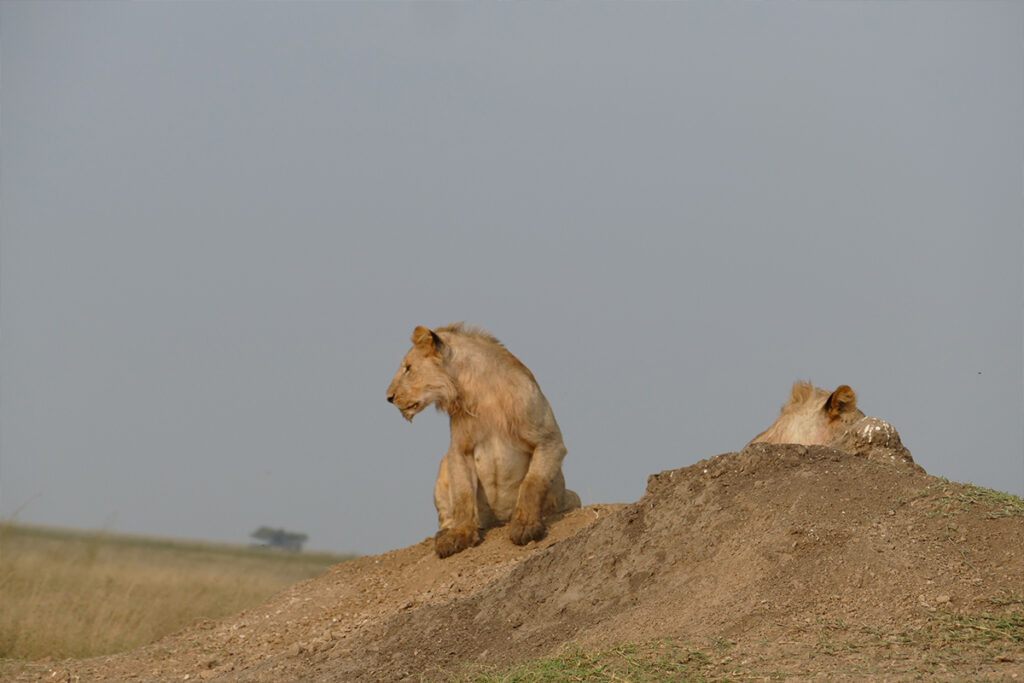
Do Maasai and Hadzabe Tribes Welcome Tourists?
The Maasai and Hadzabe tribes are known for their unique cultures and traditions. Both tribes are increasingly engaging with tourists, offering a glimpse into their way of life. According to this post, the Maasai have embraced tourism, seeing it as a way to share their culture and earn income. The Hadzabe tribe also welcomes visitors, although their interaction is often more discreet. This engagement helps preserve their traditions while providing economic benefits.
Tourists visiting the Maasai tribe can participate in various activities. These include traditional dances, learning about their customs, and visiting local villages. The Hadzabe tribe, on the other hand, offers a more immersive experience. Visitors can join them on hunting trips and learn survival skills. Such activities provide a deeper understanding of their ancient lifestyle.
It’s essential for tourists to approach these experiences with respect. Indigenous tribes value their privacy and heritage. Visitors are encouraged to follow guidelines to ensure respectful interactions. By doing so, tourists can support the tribes while preserving their cultures. Respectful tourism benefits both visitors and host communities.
- Engage with local guides for authentic experiences
- Observe customs and traditions without interference
- Support local artisans by purchasing handmade crafts
These practices help maintain the delicate balance between tourism and cultural preservation. According to here is the article, respectful tourism practices are key to fostering positive relationships with the Maasai and Hadzabe tribes.
Exploring the Cultural Context of Maasai and Hadzabe Relations with Tourists
The Maasai tribe has a long history of interacting with outsiders. Known for their vibrant dress and elaborate customs, they provide tourists with unique cultural experiences. The tribe views tourism as a way to sustain their traditions while benefiting financially. They often invite visitors to participate in ceremonies, dances, and community projects. This interaction helps foster mutual understanding and respect.
In contrast, the Hadzabe tribe leads a semi-nomadic lifestyle. Their relationship with tourists is more reserved but equally enriching. Visitors can explore their hunting and gathering practices, gaining insights into ancient survival skills. This delicate balance between sharing and preserving their way of life is vital. The Hadzabe’s cautious approach ensures their traditions remain intact.
Respect is crucial when engaging with these tribes. It’s important for tourists to learn and follow local customs. Engaging with a knowledgeable guide can enhance understanding and prevent cultural misunderstandings. This respectful approach benefits both tourists and the tribes. It encourages sustainable tourism practices.
- Ask for permission before taking photographs
- Participate in activities without disturbing their daily routines
- Support local economies by buying handmade items
These practices contribute to positive tourism experiences. By following these guidelines, visitors can create meaningful connections. According to here is the post, engaging respectfully with indigenous tribes enriches both the tourist and the host communities.
The Role of Tourism in Maasai Economic Development
Tourism plays a significant role in the economic development of the Maasai tribe. By welcoming visitors, the Maasai have created various income-generating opportunities. Local communities benefit from the sale of traditional crafts, guiding services, and cultural performances. This influx of revenue helps improve living conditions and access to education. Economic benefits from tourism provide a sustainable way of preserving cultural heritage.
Moreover, tourism has led to the development of infrastructure in Maasai regions. Better roads, healthcare facilities, and improved sanitation are often results of increased visitor numbers. These improvements positively impact local residents. Community projects funded by tourist dollars help sustain the tribe’s way of life. Tourism creates a cycle of growth and development for the Maasai.
Businesses catering to tourists also boost the local economy. From accommodations to eateries, many enterprises are run by Maasai families. This generates employment and fosters entrepreneurship within the tribe. More families can afford necessities and invest in future opportunities. Supporting local businesses enriches the entire community.
- Investing in education for children
- Providing healthcare access
- Improving infrastructure
- Supporting local artisans
These initiatives reflect how tourism benefits the Maasai economically and socially. A balanced approach ensures long-term positive effects. According to here is the article, respectful engagement with the Maasai can drive continued growth.
Preservation of Culture: How the Hadzabe Tribe Balances Tradition and Visitor Engagement
The Hadzabe tribe faces unique challenges in preserving their culture while engaging visitors. This small tribe, which has lived in northern Tanzania for thousands of years, maintains a delicate balance. They carefully manage interaction with tourists to protect their traditional lifestyle. Hunting, gathering, and survival skills are central to their identity. These practices are shared with visitors to promote cultural understanding.
Tourists are invited to experience the Hadzabe way of life. This includes learning ancient hunting techniques with bows and arrows. Visitors can also participate in gathering wild fruits and honey. Such activities foster appreciation for the tribe’s ancestral knowledge. These experiences are structured to ensure minimal disruption to their daily routines.
Preserving culture amidst tourism requires strict guidelines. The Hadzabe tribe limits the number of visitors to maintain harmony. These restrictions prevent overwhelming the community. Sustainable tourism practices are vital for cultural preservation. This cautious approach ensures that their traditions remain intact.
The Hadzabe tribe benefits economically from tourism while safeguarding their heritage. Income generated from visitor activities helps support the community. It funds essential projects like healthcare and education. Community leaders play a key role in managing these interactions. Their involvement ensures that tourism benefits are felt across the tribe.
- Respect local customs and traditions
- Follow guidelines set by community leaders
- Engage with experienced local guides
These practices enhance positive interactions with the Hadzabe tribe. Cultural respect and responsible tourism are the cornerstones. According to here is the article, respectful engagement ensures the tribe’s cultural legacy is honored.
Cultural Experiences Sia Yangu Safari Offers with the Maasai and Hadzabe
Sia Yangu Safari provides immersive experiences with the Maasai and Hadzabe tribes. Visitors can engage in traditional Maasai dances, offering a vibrant display of their culture. Tourists are also invited to participate in daily village activities. These experiences include learning about Maasai customs, ceremonies, and communal living. Such interactions deepen understanding and appreciation of the tribe’s way of life.
The Hadzabe tribe offers a distinct type of engagement. Visitors join the tribe on hunting excursions, experiencing their ancient practices firsthand. Gathering wild fruits and honey is another activity available to tourists. These adventures provide insights into the Hadzabe’s survival skills. The experience is both educational and exciting.
Besides direct interactions, Sia Yangu Safari offers guided tours. These tours are designed to educate visitors about the historical significance of both tribes. Knowledgeable guides ensure respectful engagement with the communities. By facilitating these tours, the safari promotes sustainable tourism. This approach supports both cultural preservation and economic development.
- Join a traditional Maasai village for the day
- Experience Hadzabe’s hunting techniques
- Participate in Maasai dances and ceremonies
- Learn about Hadzabe gathering practices
These activities are thoughtfully curated to provide meaningful experiences. Sia Yangu Safari ensures that tourists leave with a deeper connection to the tribes. Visitors gain a new perspective on the rich cultural heritage of the Maasai and Hadzabe.
Sia Yangu Safari’s commitment to respectful tourism is evident in every interaction. The safari focuses on empowering local communities and preserving traditions. It promotes ethical tourism practices that benefit both the tribes and visitors. This balanced approach ensures positive experiences and long-term cultural sustainability.



